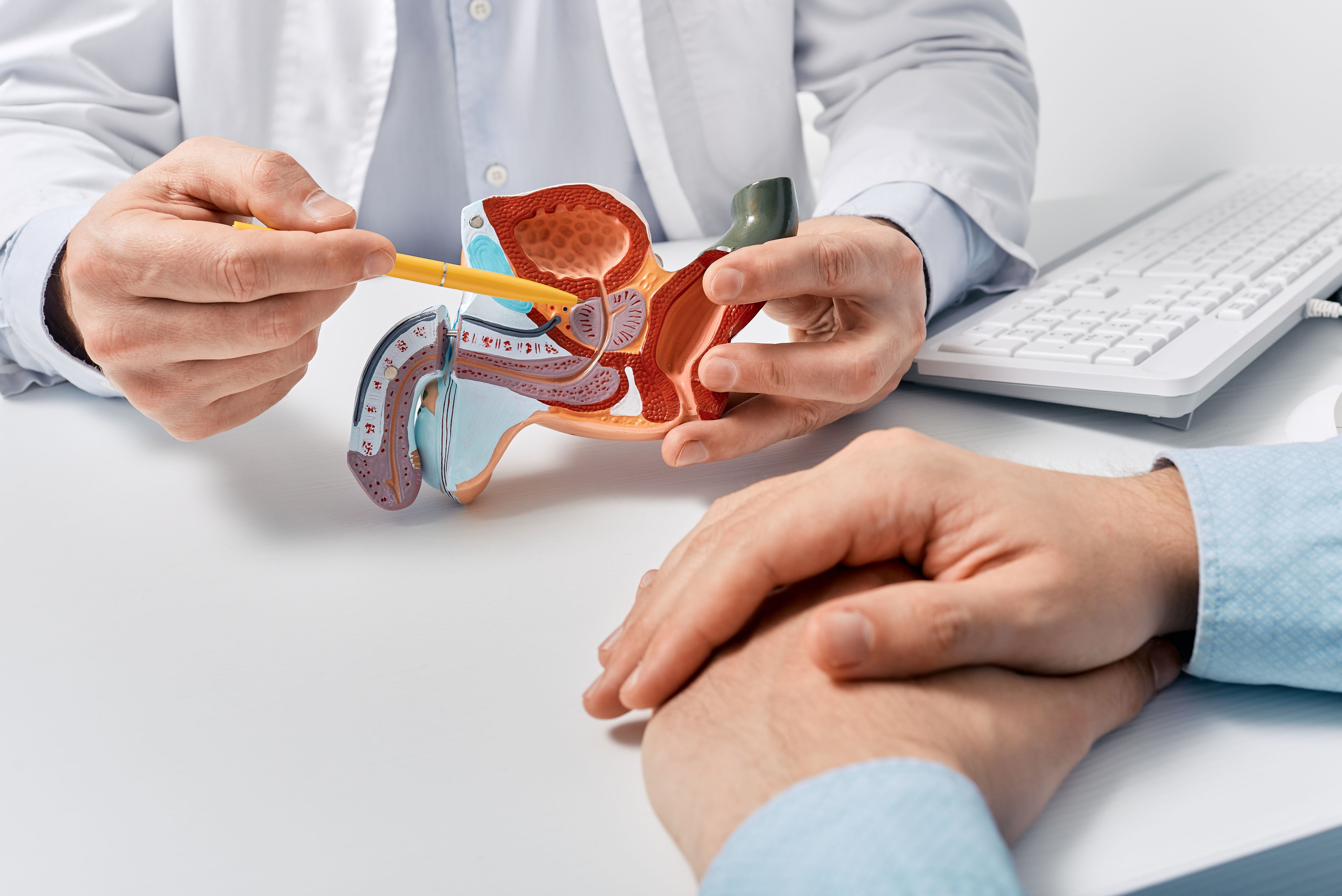Article
Gut Bacteria Protects Against Type 1 Diabetes
Author(s):
Altered balance of gut microbiota during the first weeks of life may result in type 1 diabetes.
The immune system is a crucial defense against numerous infections and diseases, which makes keeping it balanced important. If bacteria are skewed, the immune system may not be able to effectively recognize the body’s own cells or organs and issue an attack.
Tiny proteins on the surface of cells are encoded by the human leukocyte antigen (HLA) in humans and major histocompatibility complexes (MHC) in mice. Researchers have previously found that HLA/MHC genes protect against autoimmune conditions, especially type 1 diabetes (T1D).
A new study published by the Proceedings of the National Academy of Sciences show how 1 of the HLA/MHC genes protect against diabetes with the help of the gut microbiota.
The authors found that despite the protective genes, mice who were treated with antibiotics shortly after birth or who were raised in a sterile environment developed pancreatic inflammation, a hallmark of T1D.
These findings suggest that gut play a significant role in autoimmunity and pancreatic cell function, as changes in the bacteria can lead to T1D, according to the study. The authors hypothesize that immune-modulating therapies focused on regulating gut microbiota may be effective.
“We believe that our results not only offer a clue into a longstanding mystery but also raise the possibility that substances or environmental influences that alter the intestinal balance can modulate the effects of a powerfully protective gene and shape disease risk,” said lead researcher Diane Mathis, PhD.
Included in the study were mice bred to develop diabetes and carried a gene variant that was protective against T1D.
When treated with antibiotics within 6 weeks of birth, the mice were found to develop pancreatic inflammation, while antibiotic treatment between 6 and 10 weeks after birth was not found to induce T1D, according to the study. These findings suggest that the newborn gut microbiota is formed within 6 weeks of birth and disruption may cause a loss of genetic protection.
The authors also found that mice who received the protective gene from the father developed diabetes, but mice that inherited the gene from their mother did not develop the condition, according to the study. This may highlight the importance of exposing a newborn to the mother’s microbiota.
Additionally, mice whose mothers were treated with antibiotics within 10 days before giving birth developed pancreatic inflammation. Similar findings were observed among mice raised in a sterile environment who were unable to develop gut microbial balance.
In another experiment, the authors conducted fecal transplants in mice without the gene using fecal matter from mice with the protective gene. After the procedure, pancreatic inflammation was drastically reduced and the mice did not develop diabetes, a finding that shows how gut bacteria may stave off diabetes, according to the study.
The authors caution that there are significant differences between animals and humans, which calls for further studies to determine how gut microbiota may affect autoimmunity in humans.
Despite the need for additional research, the authors note that their findings underscore the need for proper immune function and the importance of the development of gut microbiota in newborns.
“Our findings need to be borne out in further experiments,” Dr Mathis said. “However, our results powerfully illustrate the notion that early antibiotic exposure can modulate disease risk and that avoiding or at least minimizing antibiotic treatment in infants and pregnant women during critical periods of development may be a good idea.”
Newsletter
Stay informed on drug updates, treatment guidelines, and pharmacy practice trends—subscribe to Pharmacy Times for weekly clinical insights.






